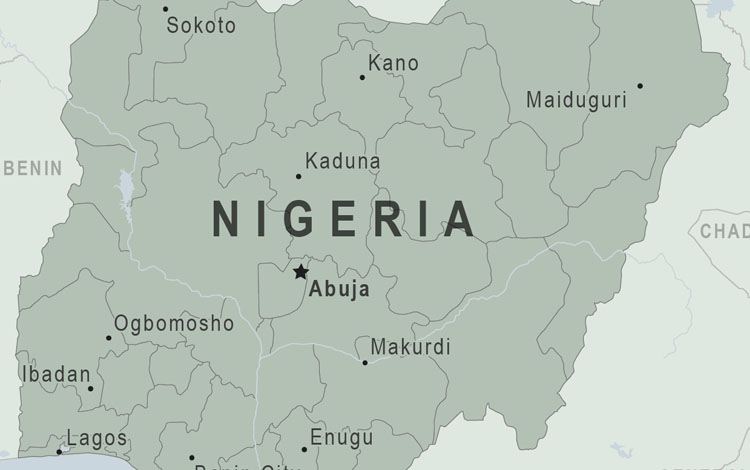· Though Nigeria is Africa’s largest economy, it has one of the world’s worst power sector.
· For decades it has been producing an average of 5,000 megawatts of electricity for a population of about 200 million. According to a report from the World Bank, almost 80 million people do not have access to the national grid.
Though Nigeria is Africa’s largest economy, it has one of the world’s worst power sectors. For decades it has been producing an average of 5,000 megawatts of electricity for a population of about 200 million. According to a report from the World Bank,
almost 80 million people do not have access to the national grid. Apparently, power outages cost the country $29 billion.
Successive governments have tried but failed to reform Nigeria’s energy sector by introducing privatisation. In 2013, the then state-run Power Holding Company of Nigeria was unlocked (PHCN) into11 DisCos run by private investors. Apart from them, there are also generation companies (GenCos) and the Transmission Company of Nigeria, the only one run by the government.
Even after a decade after the Nigerian Government handed over the control to private investors almost all of Nigeria’s 11 electricity distribution companies reported huge losses in the last seven years. The poor performance reflects the massive struggles of the sector that has failed to meet the power needs of Nigerians.
The companies called as DisCos, reported about N2 trillion in losses between 2013 and 2019. The highest loss of N472.2 billion was recorded by Ikeja Electricity Distribution Company, while Benin Electricity Distribution Company recorded N81 billion as the lowest. . In June 2020, DisCos blamed the federal government of imposing high import duty on electricity meters, defaulting on pre-privatization agreements as major causes for low performance. The other reasons attributed to the bleak performance ranged from low tariffs, to the issue of poor management. In its 2020 report, PricewaterhouseCoopers (PwC) pointed out several causes for the poor plight of the power sector including decaying infrastructure, low investment, debts, operational inefficiencies and poor management. In effect all the three sectors – generation, transmission, and distribution – reported difficulties.
Energy experts are of the view that it will take years for Nigeria to make the sector viable and achieve sufficient power production, transmission, and distribution as the infrastructure for the three is still inadequate.





